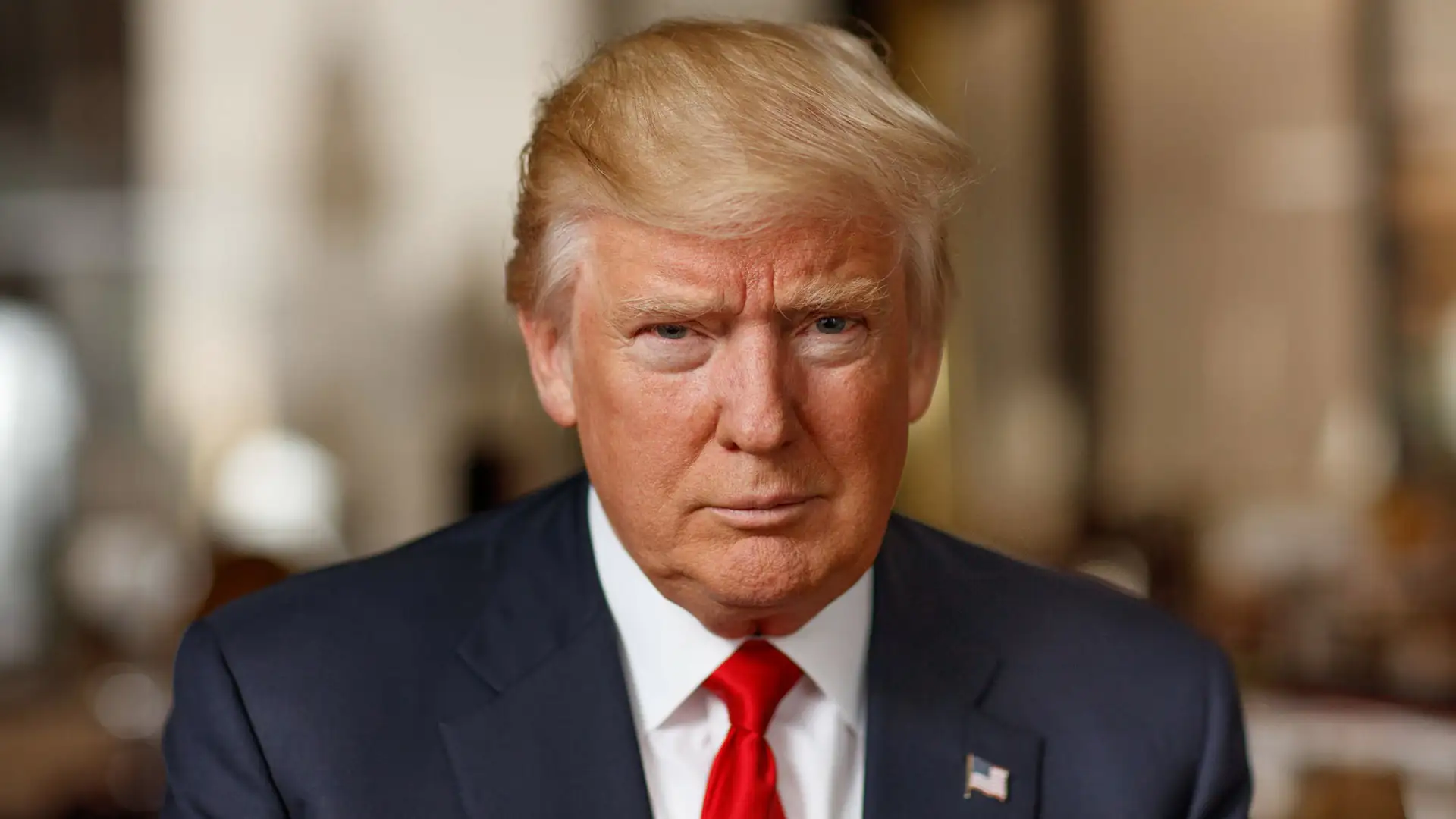Key Takeaways
- Trump’s sentencing, originally set for November 26, is now on hold.
- Prosecutors are open to delaying the case until after Trump’s presidential term.
- The case involves 34 felony counts of falsifying business records related to hush money payments.
Background Of The Case
In May 2023, Donald Trump was convicted on 34 felony counts of falsifying business records. This conviction stemmed from a scheme to pay hush money to adult film actress Stormy Daniels to silence allegations of an affair prior to the 2016 presidential election. Trump has consistently denied any wrongdoing.
The case has been characterized by its unprecedented nature, as it is the first time a former president has faced criminal charges. The legal proceedings have been complicated by Trump’s recent election victory, which has prompted discussions about presidential immunity and the implications for ongoing legal cases.
Legal Implications Of The Delay
The Manhattan District Attorney, Alvin Bragg, stated that while they oppose dismissing Trump’s conviction, they recognize the need to consider the implications of his presidency on the case. The DA’s office has suggested that the sentencing could be postponed until after Trump’s term ends in early 2029.
- Potential Outcomes: If the case proceeds, Judge Juan Merchan has several options for sentencing, including:
- No sentence
- Community service
- A fine
- Prison time (though this is considered unlikely for a first-time offender)
Trump’s Legal Strategy
Trump’s legal team has been actively seeking to have the case dismissed, arguing that the Supreme Court’s ruling on presidential immunity should apply to his situation. They contend that the ongoing legal proceedings could impede his ability to govern effectively.
- Arguments Presented:
- The case should be dismissed to facilitate a smooth transition of power.
- The legal proceedings should not interfere with the president’s duties.
Public and Political Reactions
The postponement of Trump’s sentencing has been met with mixed reactions. Supporters of Trump view this as a significant victory, while critics argue that it undermines the rule of law. Trump’s spokesperson described the DA’s filing as a “total and definitive victory” for the former president, framing it as a concession that the case cannot continue.
Conclusion
The indefinite delay in Trump’s sentencing highlights the complex intersection of law and politics in the United States. As Trump prepares to take office again, the legal landscape surrounding his hush money case remains uncertain, with potential implications for his presidency and ongoing legal challenges. The coming months will be critical in determining how this unprecedented situation unfolds, as both legal experts and political analysts closely monitor the developments.





